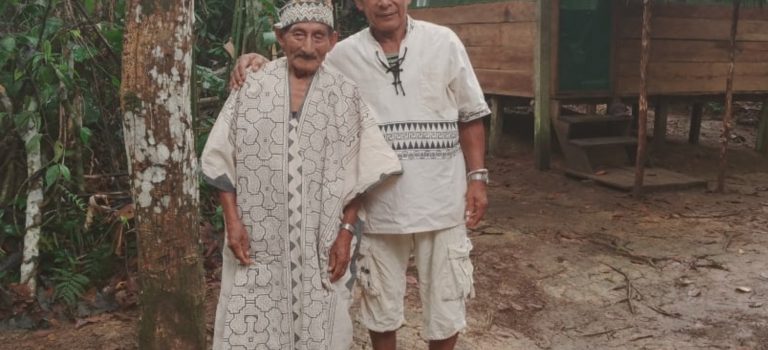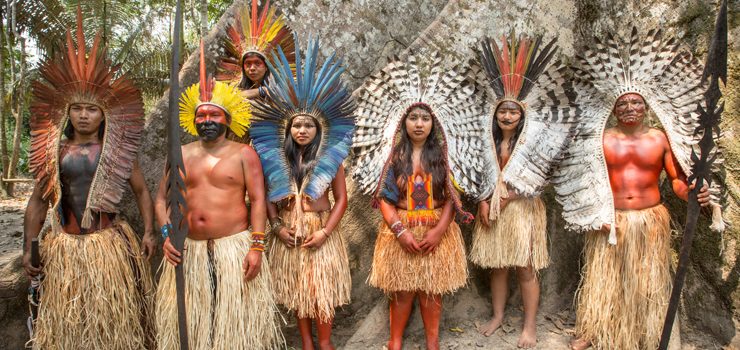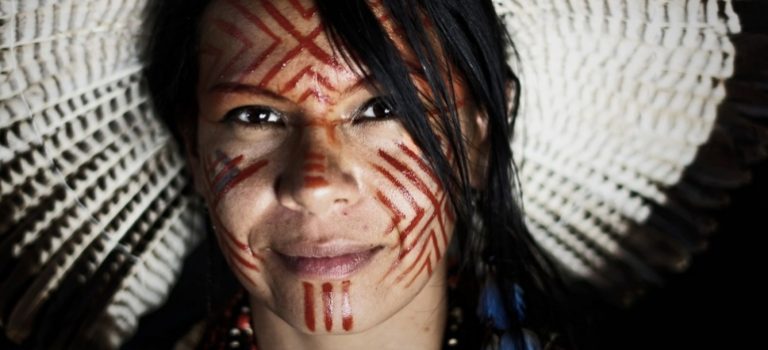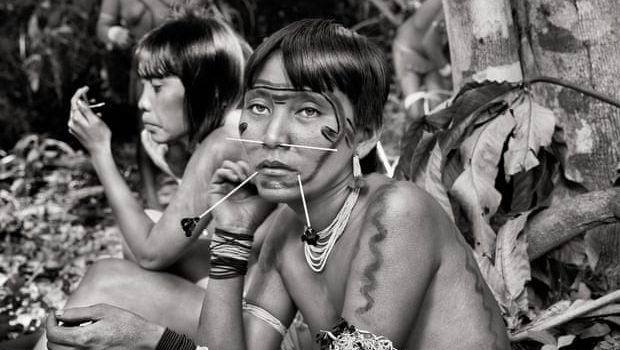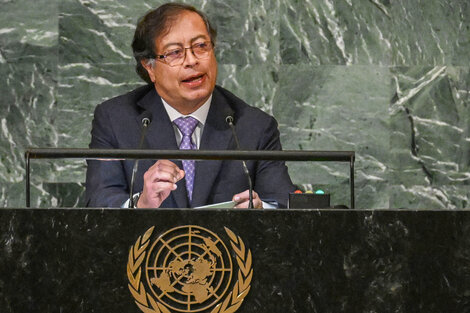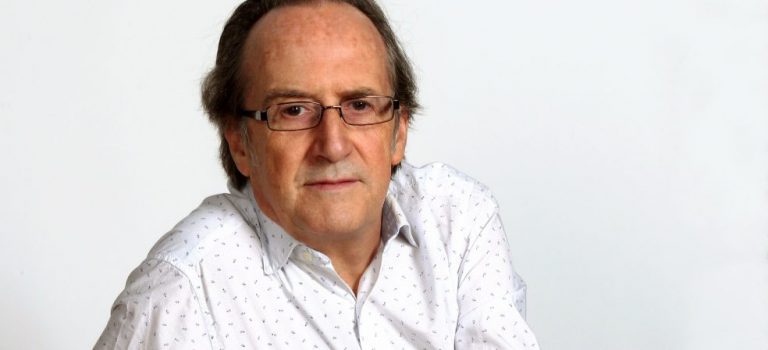Don Rómulo Magin has small, lively blue eyes, glassy due to advanced cataracts. At 94, Don Rómulo wakes up at dawn every day in his house/maloka in the Peruvian Amazon, takes up his machete, and opens paths in the jungle, or identifies medicinal plants he will use in his healing practices. His vision may be weak, but he still precisely recognizes hundreds, perhaps thousands of plants, which will be part of the diet for visitors and disciples at his center.
Don Rómulo was born in Ecuador and belongs to the Aguaruna people, related to the Shuar, and, as he says, direct descendants of an Inca lineage. His father and grandfather were healers. His mother tongue is Quechua, in which he speaks and ‘ikarea’. His Spanish is rudimentary, sprinkled with jungle idioms and Quechua terms, so his son Winister helps us with the translation into Spanish. Winister, like his son Winister Jr., was born in Peru, in the Loreto region, so their main language is Spanish. However, they continue to use Quechua in their ‘ikaros’: “The ‘ikaro’ must be done in Quechua,” explains Winister, “so that the medicine can do its work, Spanish is not suitable.”
Read more